SAUDI ARABIA will officially allow “homosexuals” to attend the 2034 World Cup
In a groundbreaking announcement that has caught the attention of the international community, Saudi Arabia has confirmed that it will allow LGBTQ+ individuals, including homosexuals, to attend the 2034 FIFA World Cup. This decision marks a significant shift in the country’s stance on LGBTQ+ rights, particularly in light of its previously strict policies and laws that criminalized same-sex relationships and gender non-conformity. In this blog post, we’ll explore the implications of this decision, its potential impact on Saudi Arabia’s global image, and what it could mean for LGBTQ+ rights in the country and the broader region.
A Historic Moment for Saudi Arabia
Saudi Arabia’s decision to allow LGBTQ+ individuals to attend the 2034 World Cup is seen as a landmark moment for the country, which has long had one of the most conservative approaches to issues related to sexuality and gender. Until recently, homosexuality was illegal in Saudi Arabia, and individuals found guilty of same-sex relations could face severe penalties, including imprisonment, corporal punishment, or even the death penalty.
While this new policy regarding the World Cup is a significant departure from the country’s traditional stance, it is important to note that the decision is limited to the context of the global sporting event. There has been no indication that broader changes will be made to the country’s laws regarding homosexuality, which remain heavily criminalized under Saudi law.
However, the announcement has raised questions about the evolving dynamics in Saudi Arabia, where the government has been working to present a more modern and progressive image to the world, particularly through its efforts to host major international events like the World Cup. This move could signal a change in how the kingdom approaches international pressure and social reform, especially as it continues to open up its economy and tourism sector.
The Impact of Saudi Arabia Hosting the 2034 World Cup
The decision to host the 2034 FIFA World Cup is already a monumental achievement for Saudi Arabia, as it will be the first time the country hosts such a major global sporting event. The 2034 World Cup will bring millions of visitors to Saudi Arabia, providing a significant boost to the country’s economy and international profile. For the first time, the world will turn its focus to the kingdom, which has been investing heavily in infrastructure, tourism, and entertainment to showcase its modern side.
Allowing LGBTQ+ individuals to attend the event is a move designed to align Saudi Arabia with the expectations of international football fans, the media, and human rights organizations. It is also seen as an attempt to improve the country’s image, particularly in the realm of human rights. Historically, Saudi Arabia’s treatment of LGBTQ+ individuals has been a point of contention, with many international human rights organizations, including Amnesty International and Human Rights Watch, criticizing the kingdom for its discriminatory policies.
However, critics argue that this decision is more about Saudi Arabia’s desire to improve its international reputation than a genuine commitment to LGBTQ+ rights. While the announcement may indicate progress in one area, it does not address the broader human rights challenges the country faces, including its treatment of women, freedom of expression, and the ongoing crackdown on dissent.
What Does This Mean for LGBTQ+ Rights in Saudi Arabia?
While the decision to allow LGBTQ+ individuals to attend the 2034 World Cup is an important step, it is important to keep in mind that it does not necessarily indicate a broader shift in Saudi Arabia’s stance on LGBTQ+ rights. Same-sex relationships are still illegal, and the government has not signaled any intention to decriminalize homosexuality or offer legal protections for LGBTQ+ individuals.
The announcement may, however, reflect a growing recognition that international events like the World Cup attract global scrutiny and that Saudi Arabia may need to adjust its policies in order to maintain its image as a modern, welcoming destination for tourists and investors. The decision to allow homosexuals to attend the World Cup may be part of the country’s broader “Vision 2030” initiative, which aims to diversify its economy and modernize its society. This initiative includes reforms in areas like entertainment, tourism, and women’s rights, but it remains unclear how far these changes will go, particularly with regard to LGBTQ+ rights.
It is also important to consider the fact that many LGBTQ+ individuals, particularly from Western countries, may still feel hesitant to travel to Saudi Arabia due to the country’s strict legal framework and its history of prosecuting individuals based on their sexual orientation. Even with this new policy in place for the World Cup, LGBTQ+ travelers may still face challenges when it comes to personal safety, freedom of expression, and acceptance within Saudi society.
Global Reactions to the Decision
Saudi Arabia’s decision has garnered mixed reactions from both domestic and international audiences. On one hand, human rights groups have praised the move as a sign of progress and a potential step toward greater acceptance of LGBTQ+ individuals in the region. Some see it as a sign that Saudi Arabia is acknowledging the importance of human rights in its engagement with the international community.
On the other hand, LGBTQ+ advocates have raised concerns that this move is more about image-building than genuine reform. They point out that while LGBTQ+ individuals will be able to attend the World Cup, the broader legal environment for LGBTQ+ people in Saudi Arabia remains hostile and dangerous. There are concerns that the policy may be used as a way to deflect criticism while avoiding any real changes to the country’s laws or treatment of LGBTQ+ citizens.
Internationally, some observers have hailed the move as a positive development in the ongoing fight for LGBTQ+ rights, while others have expressed skepticism, questioning whether it is a superficial gesture rather than a meaningful change in the kingdom’s approach to LGBTQ+ issues.
The Future of LGBTQ+ Rights in the Middle East
Saudi Arabia’s decision to allow LGBTQ+ individuals to attend the 2034 World Cup could potentially have a ripple effect across the Middle East, where many countries continue to enforce strict laws against homosexuality. While Saudi Arabia’s move is groundbreaking, it is still uncertain whether other countries in the region will follow suit or adopt similar policies in the future.
The Middle East remains one of the most challenging regions for LGBTQ+ individuals, with many countries maintaining laws that criminalize same-sex relationships and offer little to no legal protections for LGBTQ+ citizens. However, some experts believe that Saudi Arabia’s decision could signal a shift in the region, particularly as the country continues to embrace modernity and globalization through its economic and social reforms.
Conclusion
Saudi Arabia’s announcement to allow homosexuals to attend the 2034 World Cup is a significant development, signaling a potential shift in the country’s approach to LGBTQ+ rights, at least in the context of international events. While the decision represents a step forward, it remains to be seen whether it marks the beginning of broader social and legal reforms or whether it is simply a tactical move to improve the country’s global image.
As the 2034 World Cup approaches, the world will be watching closely to see how Saudi Arabia navigates this complex issue and whether its actions extend beyond the sports world to create lasting change for LGBTQ+ individuals within the kingdom and the broader Middle East.
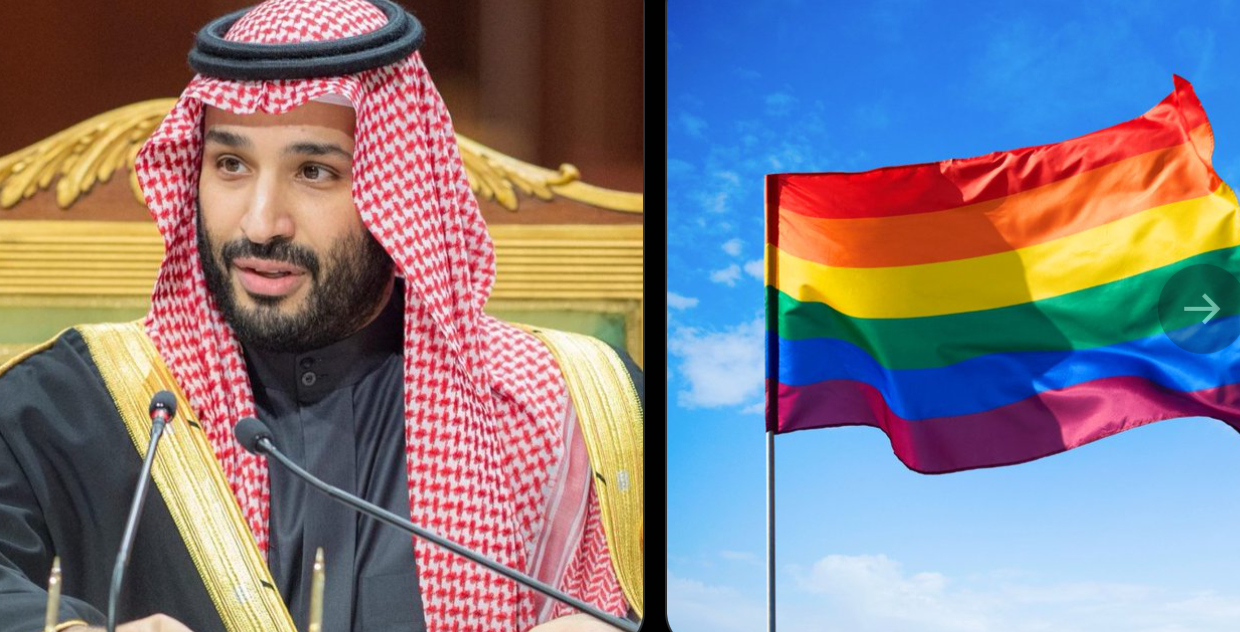
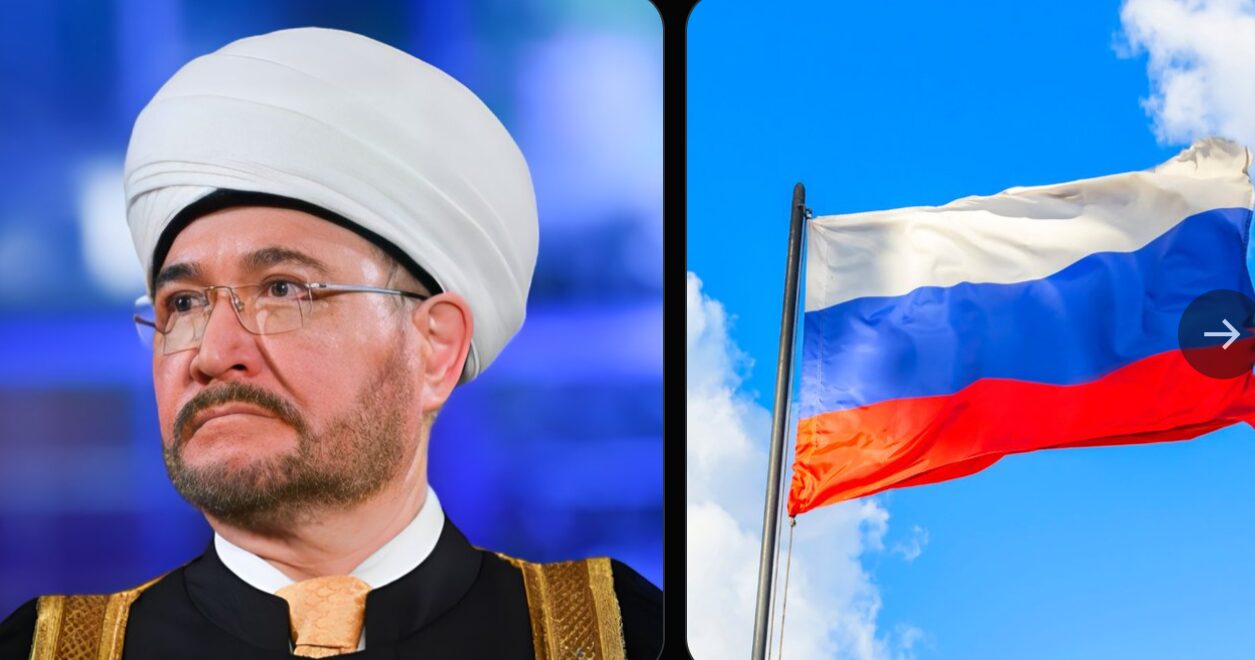
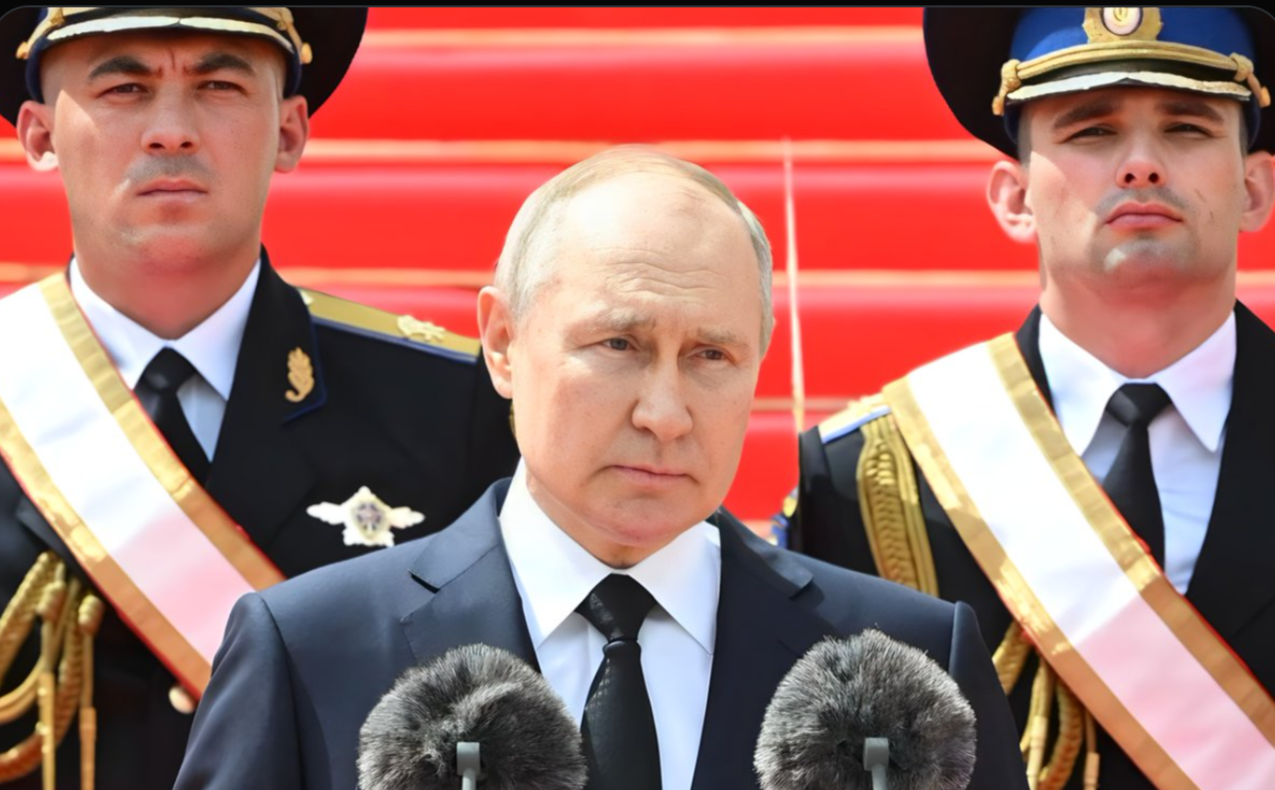



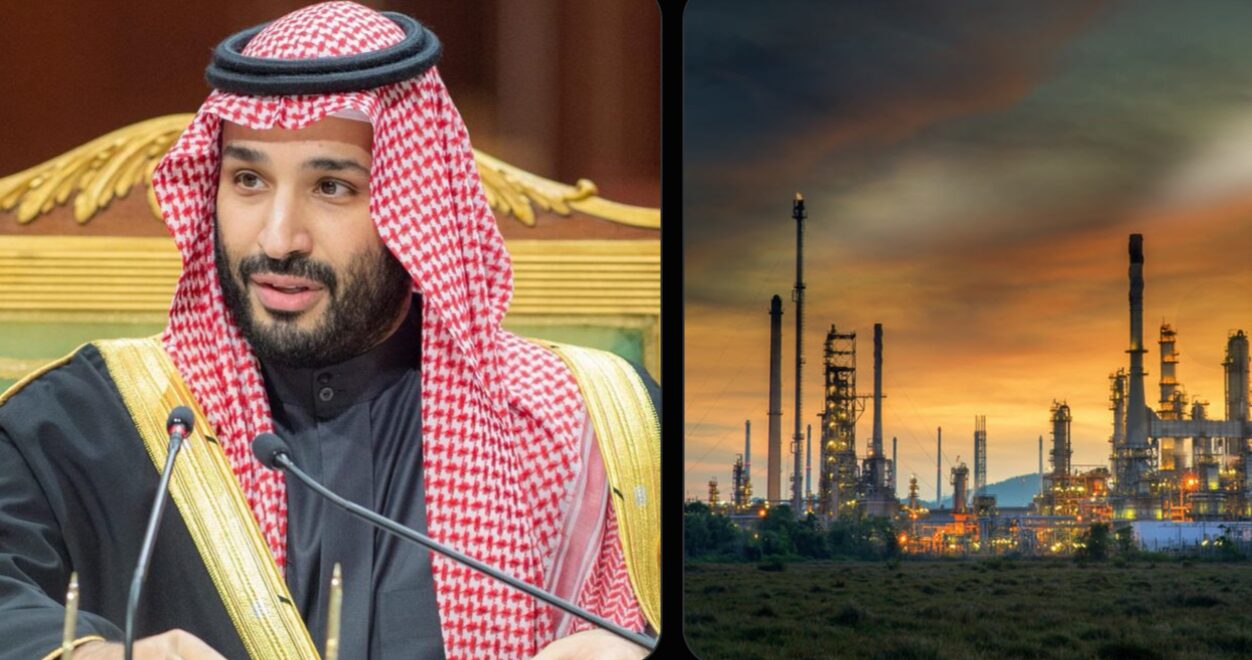

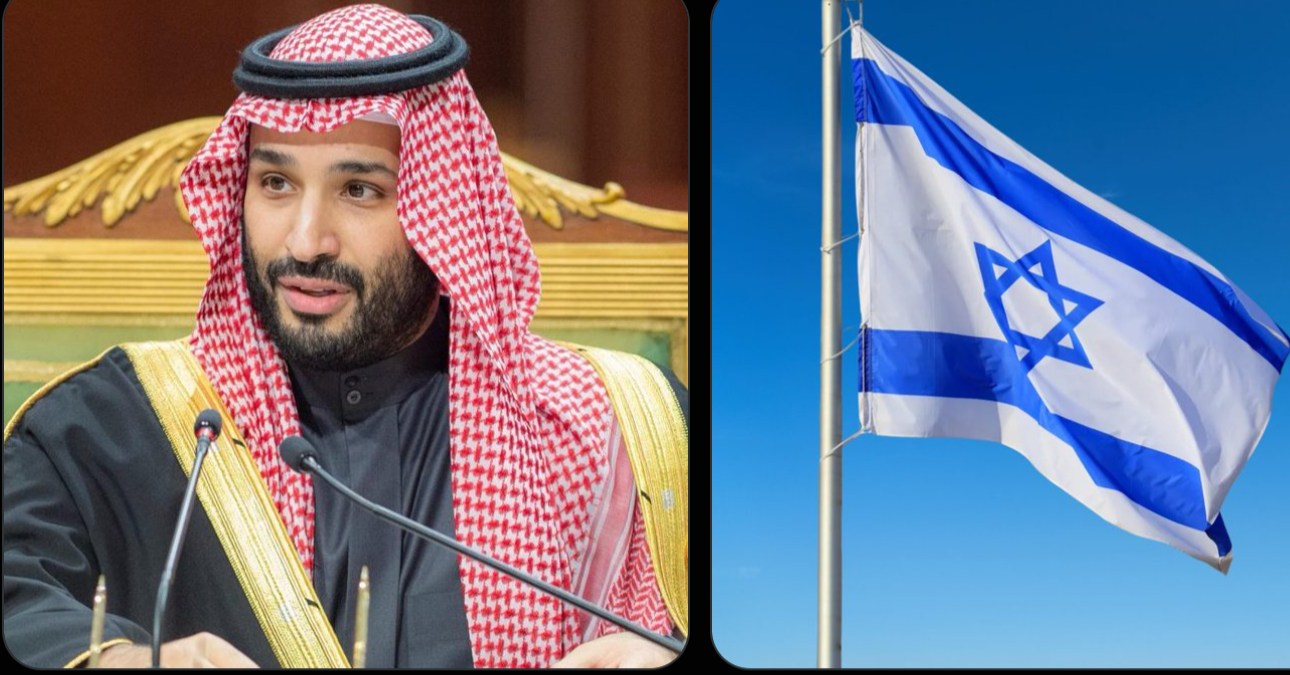








Post Comment